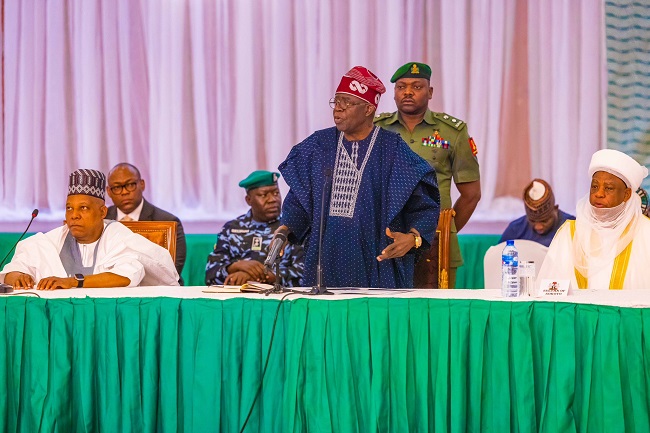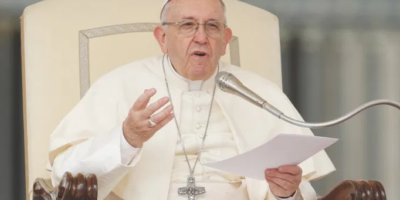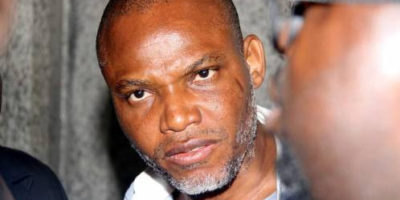A Call for Nuance: Examining the Relationship Between Traditional Rulers and Political Leaders in Nigeria

By Jude Obuseh
In recent days, the nation has been abuzz with discussions surrounding the encounter between former President Olusegun Obasanjo and traditional rulers in Iseyin, Oyo State. While emotions have run high, it is imperative to approach this issue with a measured perspective and delve into the evolving dynamics between traditional rulers and political leaders in Nigeria’s modern democracy.
At the heart of the matter, as eloquently expressed by concerned Nigerians in various national dailies, lies the historical significance of traditional rulers in pre-colonial Nigeria. In those times, they wielded tremendous influence, often serving as intermediaries between their subjects and visiting colonial authorities.
However, it is essential to acknowledge the seismic shifts in Nigeria’s governance structure as it transitioned towards democracy and the rule of law.In contemporary Nigeria, traditional rulers occupy esteemed positions rich in tradition but are constrained by the boundaries of a democratic system. They are no longer absolute monarchs but rather symbolic figures who exert their influence within the framework of constitutional limitations. Consequently, there arises a pressing need to strike a delicate balance between preserving tradition and embracing the imperatives of modernity.
Regarding Obasanjo’s perceived slight against Yoruba Obas, it is paramount to recognize that politics, encompassing appointments and decisions, is a labyrinthine web that extends beyond any single leader’s actions. Instead of singling out Obasanjo, we must adopt a broader perspective to fathom the intricate relationship between traditional rulers and political leaders across the nation.
Furthermore, attempts to draw comparisons between the treatment of Yoruba Obas and Northern Emirs oversimplify the issue at hand. Regional disparities, differing legal frameworks, and unique cultural subtleties all contribute to distinct dynamics between traditional rulers and politicians in Northern and Southern Nigeria. To gain a profound understanding, we must delve into these complexities rather than resorting to sweeping generalizations.
In conclusion, the recent controversy surrounding Obasanjo’s actions underscores the necessity for a nuanced examination of the relationship between traditional rulers and political leaders in Nigeria. While historical context remains invaluable, it must be weighed against the backdrop of a modern democratic nation. It is through such a balanced approach that we can genuinely appreciate the challenges and opportunities confronting our traditional institutions and their interactions with political authority. In doing so, we can forge a path that honors our heritage while embracing the complexities of contemporary governance.

Justin Nwosu is the founder and publisher of Flavision. His core interest is in writing unbiased news about Nigeria in particular and Africa in general. He’s a strong adherent of investigative journalism, with a bent on exposing corruption, abuse of power and societal ills.













